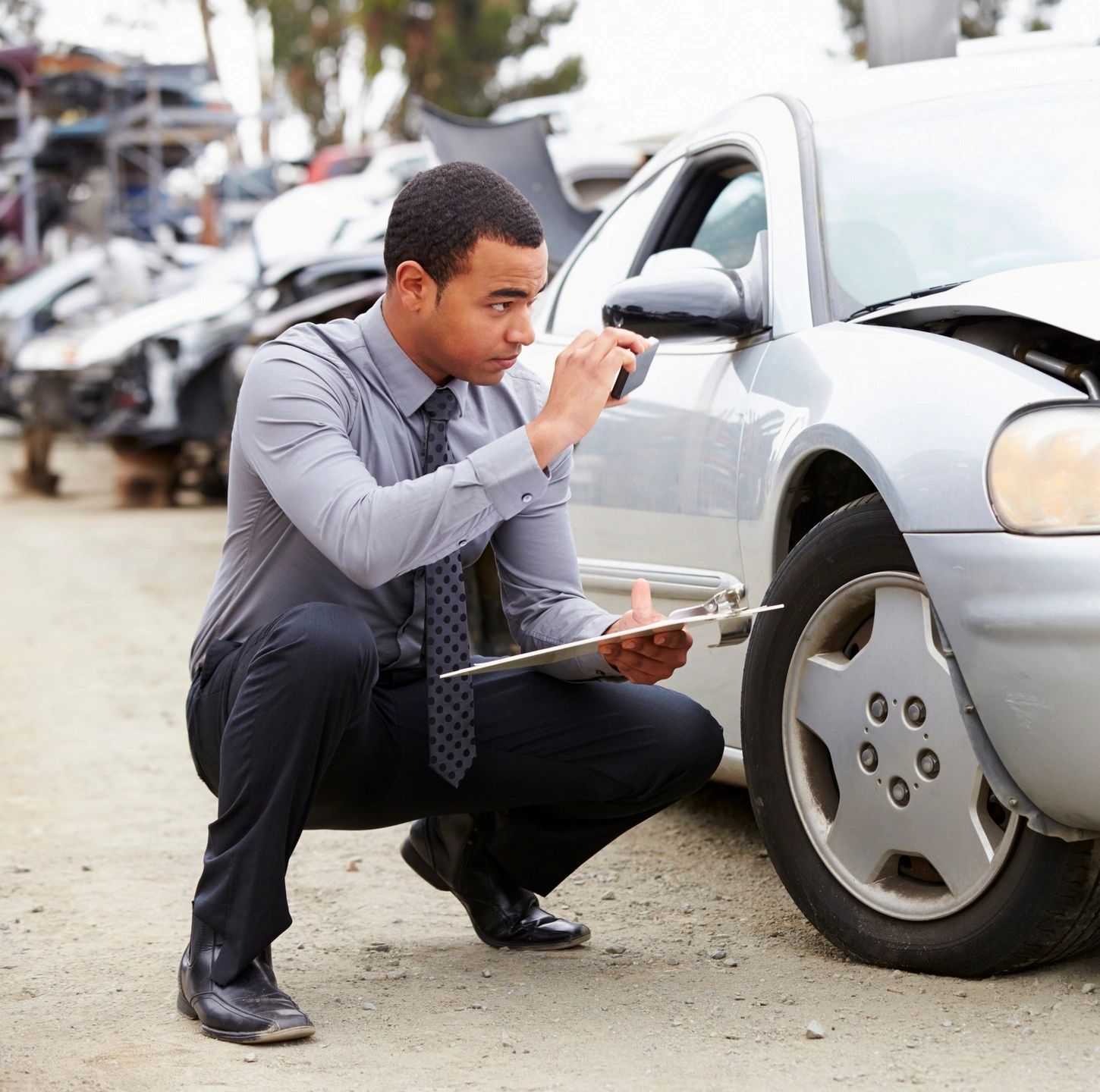Car accidents can be overwhelming and stressful. Whether it’s your fault or not, you may still need to get your car fixed and possibly even drive a rental car until yours is ready. Knowing what steps to take immediately after a crash can help ensure everyone’s safety and make the insurance claim process smoother. Here’s a simple guide on what to do if you find yourself involved in a car accident.
1. Ensure Safety First
Your safety and the safety of others are the top priorities. Check yourself and others for injuries and call 911 if anyone is hurt. If possible, move your vehicle to a safe spot out of the flow of traffic and turn on your hazard lights to alert other drivers. It’s important to stay calm and not panic even though you may be shocked and scared.
2. Call the Police
Even if the accident is minor, it’s crucial to call the police. They will document the scene and create an accident report, which will be vital for your insurance claim. When the officers arrive, provide them with accurate information but avoid admitting fault. The report will serve as an official record of what happened.
3. Exchange Information
Exchange contact and insurance information with the other driver(s). This includes:
– Names
– Addresses
– Phone numbers
– Insurance company names and policy numbers
– License plate numbers
Also, gather contact information from any witnesses who saw the accident. Their statements can be helpful if there are disputes about what happened.
4. Document the Scene
Use your phone to take photos of the accident scene from multiple angles. Capture the damage to all vehicles involved, the surrounding area, and any road conditions that might have contributed to the accident. Photographs provide clear evidence that can support your claim.
5. Notify Your Insurance Company
Call your insurance company as soon as possible to report the accident. Provide them with all the necessary details, including the police report number, the other driver’s information, and photos of the scene. Your insurance agent will guide you through the next steps of the claims process.
6. Seek Medical Attention if Injured
If you feel you might be injured, it’s wise to go ahead and see a doctor after an accident. A medical report could also be useful if you need to file a personal injury claim later.
7. Keep a Record of Expenses
Keep track of all expenses related to the accident. This includes medical bills, car repair receipts, and any other costs you incur. These records will be important when you file your insurance claim and seek reimbursement.
8. Understand Your Insurance Policy
Familiarize yourself with your insurance policy’s terms and conditions. Knowing what is covered and what isn’t will help you manage your expectations and avoid surprises during the claims process. If you have any questions, don’t hesitate to ask your insurance agent for clarification.
9. Cooperate with the Insurance Adjuster
An insurance adjuster will likely be assigned to your case to evaluate the damage and determine the payout. Cooperate fully and provide any additional information they request. Remember, the adjuster works for the insurance company, so be honest and precise in your communication.
10. Consider Legal Advice
If the accident involves significant damage, severe injuries, or disputes about who is at fault, it may be beneficial to consult a lawyer. An attorney can help protect your rights and ensure you receive fair compensation.
Conclusion
Handling a car accident efficiently involves a series of careful steps. By ensuring safety, gathering information, and cooperating with your insurance company, you can navigate the process smoothly. Staying organized and informed will help you manage the situation effectively and get back on the road as soon as possible. Call Tom Needham Insurance for the best insurance coverage and most reasonable prices around!

